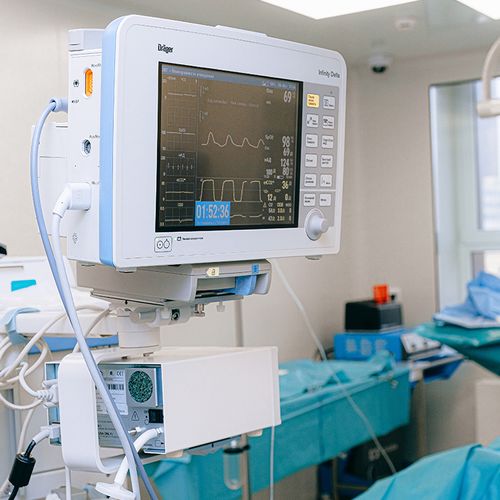People who drink a lot, and do so often, increase their chances of developing the chronic heart rate or rhythm disorder called atrial fibrillation (AF), according to Japanese researchers.
A common arrhythmia, atrial fibrillation carries a serious risk for stroke. Although drinking has previously been linked to atrial fibrillation, the researchers say their new study shows that habitual drinking as well as episodic drinking can significantly increase the risk for the condition.
Satoru Kodama, MD, PhD, from the internal medicine department at the University of Tsukuba Institute of Clinical Medicine in Japan and the study's lead researcher, believes that even moderate drinking may be a problem.
"Chronic high drinking is significantly associated with risk of atrial fibrillation), and the AF risk is related in a dose-response fashion to daily alcohol drinking," he said.
For the study, published in the Journal of the American College of Cardiology, Dr. Kodama and colleagues analyzed 14 studies from around the world, in a process called a meta-analysis. The studies involved 130,820 people, including 7,558 who had atrial fibrillation.
The researchers calculated the risk for the disorder for those who drank the most at least two drinks a day for men and at least one for women, plus the daily drinks consumed by alcohol abusers and alcoholics-and compared those figures with the risk for those who drank the least. Two drinks a day for men and one for women is often considered moderate drinking, and other studies have shown that amount holds benefits for heart health.
The Findings
But the Japanese researchers found that moderate drinkers may have a greater risk of atrial fibrillation than nondrinkers, although the risk is not as large as that for heavy drinkers. Those who drank the most had a significantly increased risk for atrial fibrillation, compared with those who drank the least. Moreover, the risk was proportionate to the amount of drinking: The more one drank, the greater the risk.
The researchers noted that their study was limited in several ways; they had to estimate the amount of ethanol consumed when the types of drinks were unknown; the definition of heavy drinking varied across studies; and the results may have been skewed by unknown variables such as high blood pressure, which was tracked in some studies but not in others. They added that the association between atrial fibrillation and high alcohol intake, for example, was weaker in studies that factored in hypertension.
Expert Reaction
Commenting on the study, Gregg C. Fonarow, MD, American Heart Association spokesman and a cardiology professor at the University of California, Los Angeles, said that "it is well established that binge drinking of alcohol is associated with atrial fibrillation; this is commonly referred to as "holiday heart."" A number of other studies also have suggested that moderate or heavy daily drinking is associated with an increased risk for atrial fibrillation, he said.
The new study, Dr. Fonarow said, found that the relationship between daily alcohol consumption and the risk for atrial fibrillation appears to be linear, with the greater the amount of alcohol consumed, the greater the AF risk, with the lowest risk of atrial fibrillation being observed in those who do not consume alcohol."
Alcohol can have both direct and indirect effects on the heart, which can increase the susceptibility to atrial fibrillation, he said. "These include changes in the autonomic nervous system, changes in blood pressure, changes in the heart and direct effects on heart muscle cells," Dr. Fonarow said.
New Treatment Helps Irregular Heartbeat
Patients with irregular heartbeats may benefit from a new treatment. In the procedure called catheter ablation, a thin, flexible, wire containing tube is guided through a blood vessel to the heart. High-frequency radio waves are used to burn away heart tissue that is responsible for the irregular rhythm. It can help people who have atrial fibrillation that cannot be controlled with medication.
Just One Drink Raises Stroke Risk
Stroke risk is doubled in the hour after you have just one alcoholic drink. The heightened risk for ischemic stroke goes away within three hours.
Theory: Alcohol may temporarily raise blood pressure or affect the blood's ability to clot.
Self-defense: Avoid consuming multiple drinks in a short time because this may cause a sharp increase in stroke risk. One drink is defined as 12 ounces of beer, four ounces of wine, 15 ounces of 80-proof spirits or one ounce of 100-proof spirits.
